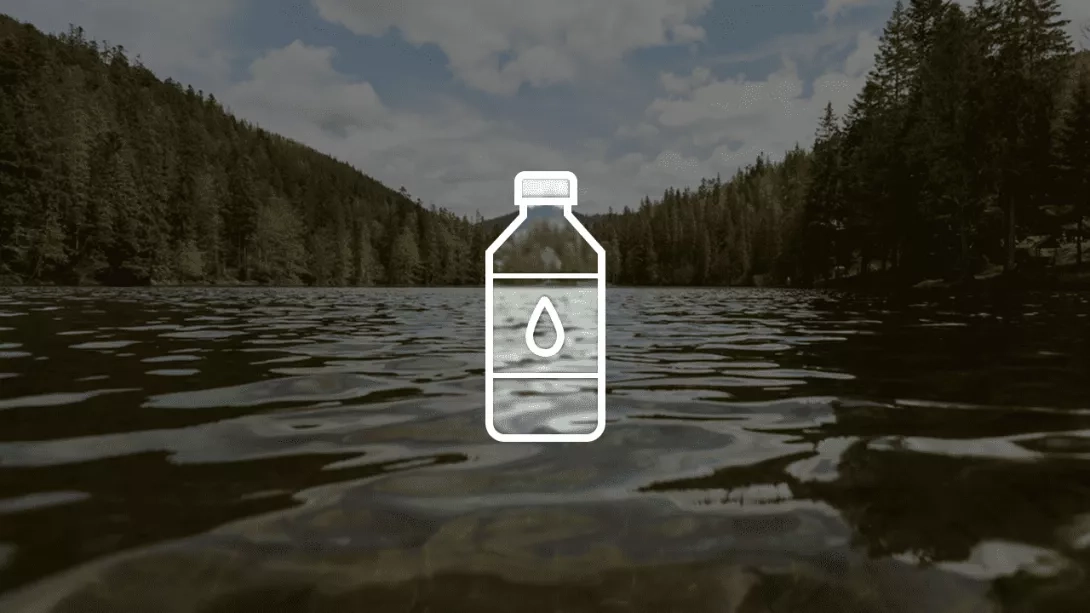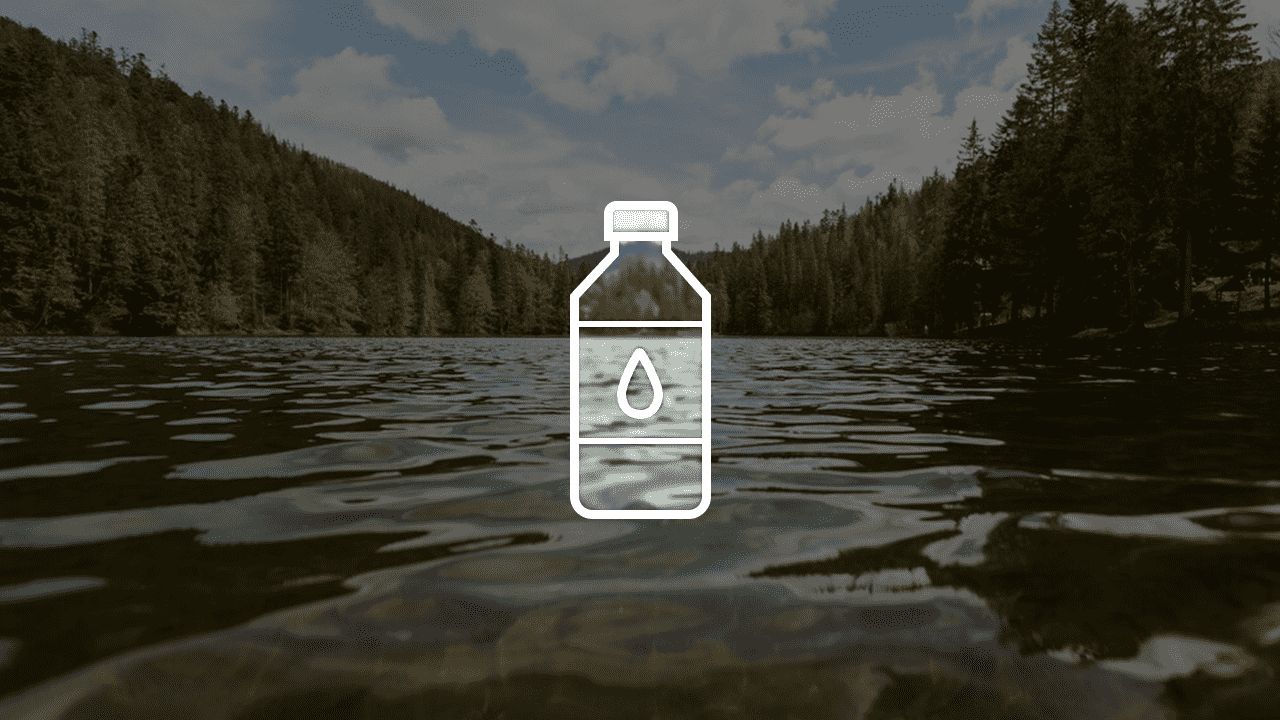Introduction
In a world where hydration is paramount, the choices we make about the water we consume can have a significant impact on our health and the environment. Bottled water has become a ubiquitous companion in our daily lives, often marketed as a purer alternative to tap water. But have you ever wondered where your bottled water really comes from? In this exploration, we delve into the depths of the bottled water industry to uncover its sources, regulations, and the factors influencing our choices between bottled and tap water.
Is bottled water safer than tap water?
One common perception is that bottled water is safer than tap water. Bottled water companies often highlight the purity of their product, but is this claim substantiated? In our investigation, we scrutinize the safety of both tap and bottled water, examining the regulatory standards governing each.
How do tap water and bottled water regulations compare?
Understanding the regulations surrounding tap and bottled water is crucial for making informed choices. We dissect the regulatory frameworks that govern the production and distribution of both types of water, shedding light on the measures in place to ensure quality and safety.
The Ongoing Expense: Bottled Water vs. Tap Water
To truly understand the economics, we must consider the ongoing expenses associated with each option. Bottled water, often priced per bottle, can accumulate to a significant expense over time. Daily or frequent consumption of bottled water can strain your budget, especially when compared to the seemingly unlimited access to tap water at a fraction of the cost.
It's essential to note that tap water costs vary widely depending on your location. Some areas have relatively low water rates, while others may face higher fees. Despite these variances, tap water consistently proves to be a more economically sustainable choice when compared to the cumulative expense of bottled water.
Environmental Costs: A Factor Beyond the Price Tag
Beyond the direct financial implications, there's an environmental cost associated with bottled water that extends beyond the consumer's budget. The production, transportation, and disposal of plastic bottles contribute to pollution and resource depletion. In contrast, tap water, delivered through a centralized system, minimizes the environmental impact associated with single-use plastics.
Making Informed Choices: Balancing Cost and Sustainability
While the convenience of bottled water may be tempting, understanding the economic realities encourages a thoughtful reconsideration of our hydration choices. Tap water, often overlooked in economic discussions, emerges as not only a cost-effective option but also an environmentally responsible one.
In conclusion, our economic analysis illuminates the true price of hydration. By factoring in both direct and indirect costs, we can make informed choices that align with our financial well-being and contribute to the sustainable use of resources. The next time you reach for that bottle of water, consider not only the convenience it offers but also the impact it has on your pocket and the planet.
When is drinking bottled water recommended?
While tap water is a readily available option for many, there are instances where bottled water may be recommended. We explore the scenarios in which choosing bottled water is a prudent decision, considering factors such as travel, emergencies, and personal health.
How long does bottled water last?
Bottled water isn't immune to the passage of time. We investigate the shelf life of bottled water, offering guidance on when it's best to consume and when it might be time to discard.
Conclusion
As we wrap up our exploration into the origins and considerations surrounding bottled water, it becomes evident that informed choices are key. Whether opting for the convenience of bottled water or embracing the accessibility of tap water, understanding the sources, regulations, and environmental implications empowers consumers to make decisions aligned with their values and well-being.
Faqs
How is the quality of your bottled water ensured?
Bottled water quality is rigorously ensured through adherence to strict regulatory standards. The industry follows comprehensive testing protocols to guarantee that the water you consume meets or exceeds safety and purity requirements.
Are the plastic bottles safe to reuse?
With environmental concerns on the rise, many individuals are considering reusing plastic bottles. We investigate the safety implications of reusing bottled water containers and explore eco-friendly alternatives.








